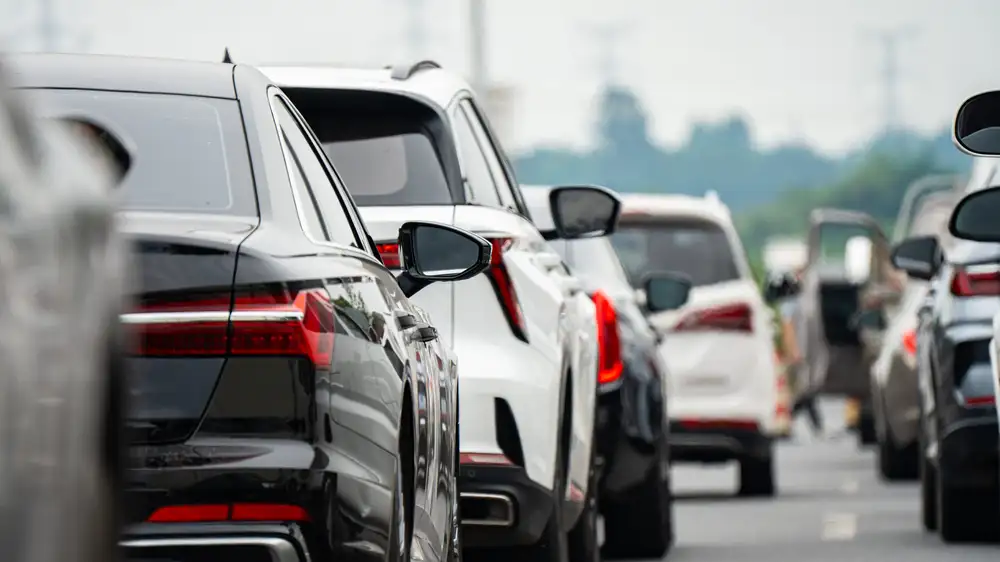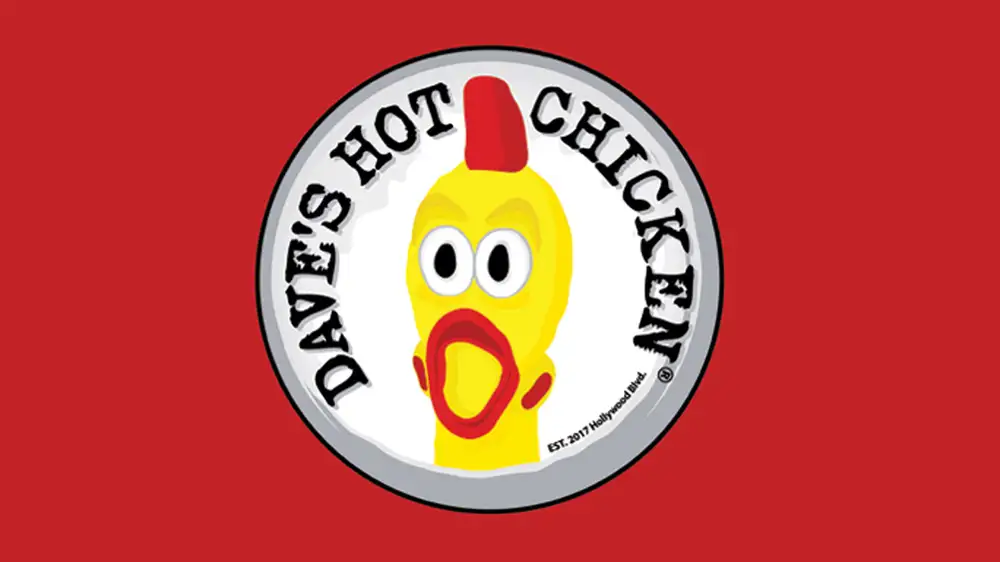This week, Republicans in Congress and the executive branch stepped up their efforts to roll back clean vehicle legislation and regulations. Antipathy toward environmental protections was a hallmark of the first Trump administration, but in his second term, the president and his congressional allies are redoubling their efforts to allow cars to pollute more and limit the adoption of electric vehicles.
Congressional republicans have been working on a budget bill that would radically transform many aspects of American life. Among the environmental protections being stripped away in the "One Big Beautiful Bill Act" (yes, that's what it's called) is a repeal of the US Environmental Protection Agency's rules on "greenhouse gas and multi-pollutant emissions standards."
These regulations are meant to limit the amount of carbon dioxide emitted by the US vehicle fleet, a major driver of climate change, as well as the noxious pollutants containing sulfur and nitrogen compounds that have more immediate and deleterious effects on human health. And if the budget bill is sent to Trump to sign, the existing Corporate Average Fuel Economy (CAFE) rules, implemented in 2022, and the future rules meant to take effect next year will be no more.
The House bill also eliminates the IRS clean vehicle tax credit, which provides up to $7,500 for buyers of some new EVs, plug-in hybrids, and fuel cell EVs; $4,000 for buyers of some used EVs; and the commercial vehicle tax credit of $7,500 that applied to any leased EV.
Tesla CEO Elon Musk is on record as supporting the repeal of the EV tax credit, as it would hurt his rivals more than Tesla. But yesterday, Musk decried the fact that the spending bill does not cut subsidies for oil and gas, just EVs and solar.
No fines for you
Yesterday in the Senate, Republicans proposed another new measure that can only be seen as pro-pollution. Should it pass, the EPA would no longer be able to levy fines against carmakers that exceed fleet averages set out in the CAFE regulations. OEMs have paid the government hundreds of millions of dollars in these fines over the past decade. (Note that these fines are different from those imposed on Volkswagen and other automakers for circumventing efficiency standards.)
This would allow OEMs to save money by removing emissions equipment from their products, and it could potentially bring back older powertrains that would otherwise be prohibited on the roads. Tesla may well be the biggest loser here, as the bill removes incentives for other automakers to purchase carbon credits. The GOP is also attacking California's ability to set its own emissions standards. That would remove another major source of emissions credits for Tesla, which are, again, increasingly important in keeping the company's books out of the red.
Over at the Department of Transportation, similar efforts are underway. Secretary Sean Duffy's first action as the head of DOT was to begin reviewing Biden-era fuel efficiency regulations, and today, the department decided that it makes no sense to include EVs as part of its CAFE rules.
At this rate, it's a wonder they're not trying to mandate coal-fired steam engines as an alternative.

 Maxton Hall 2 torna su Prime Video: amore, dolore e nuovi ostacoli | Teaser
Maxton Hall 2 torna su Prime Video: amore, dolore e nuovi ostacoli | Teaser